
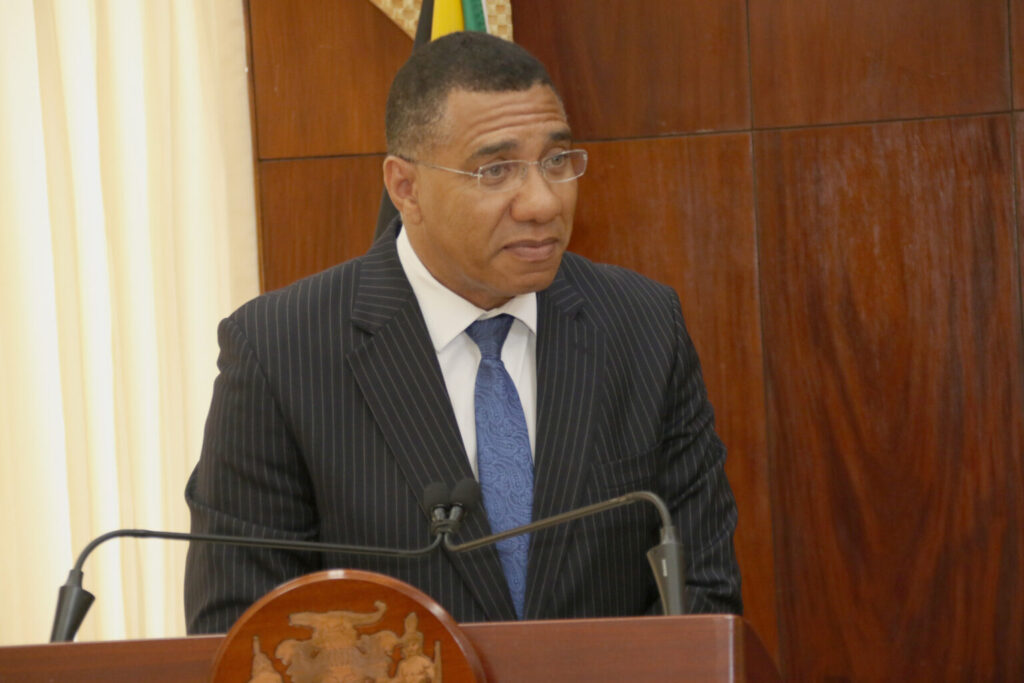
Last week the Government of Jamaica signed an MOU with Canadian Nuclear Laboratories and Atomic Energy of Canada Limited to explore the potential of nuclear Small Modular Reactors (SMRs) and other possibilities. Below is Prime Minister Andrew Holness’ full address where he stressed that safety and the well-being of the environment are of utmost importance.
Today marks a pivotal moment in Jamaica’s energy transformation as we take a bold and forward-thinking step by signing this Memorandum of Understanding with Canadian Nuclear Laboratories and Atomic Energy of Canada Limited. This partnership reflects our government’s unwavering commitment to diversifying our energy portfolio and exploring new, clean, and sustainable energy sources for the future.
But let me be clear: This is just the beginning. The purpose of this MOU is to explore the possibilities. We understand the concerns many Jamaicans may have regarding safety, and I want to assure the country that we are approaching this with caution, care, and the utmost regard for the well-being of our people and environment.
Nuclear Innovation Around the World: A Proven Path
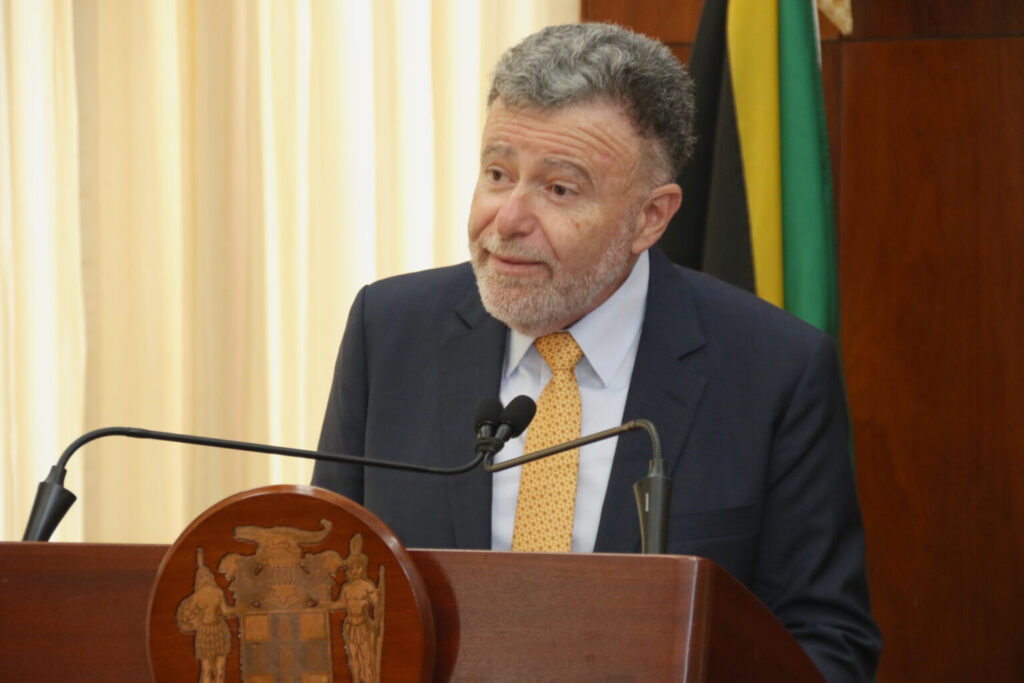
Jamaica is not alone in looking to nuclear power as a potential solution to our energy challenges. Countries like France have long harnessed the power of nuclear energy safely and effectively. In fact, France generates around 68% of its electricity from nuclear power, setting an example for the world by demonstrating how nuclear can be a reliable, long-term solution to reducing dependency on fossil fuels. Similarly, Canada, with whom we are signing today’s agreement, uses nuclear energy for 15% of its electricity needs while maintaining one of the highest standards of safety.
These examples show that with proper regulation, technological advancements, and a commitment to safety, nuclear energy can be a game-changer. In fact, today’s nuclear technology—especially with Small Modular Reactors (SMRs)—is far safer and more adaptable than it was in the past. SMRs offer enhanced safety features, reduced environmental impact, and a cost-effective solution for small countries like Jamaica.
A Legacy of Nuclear Expertise in Jamaica
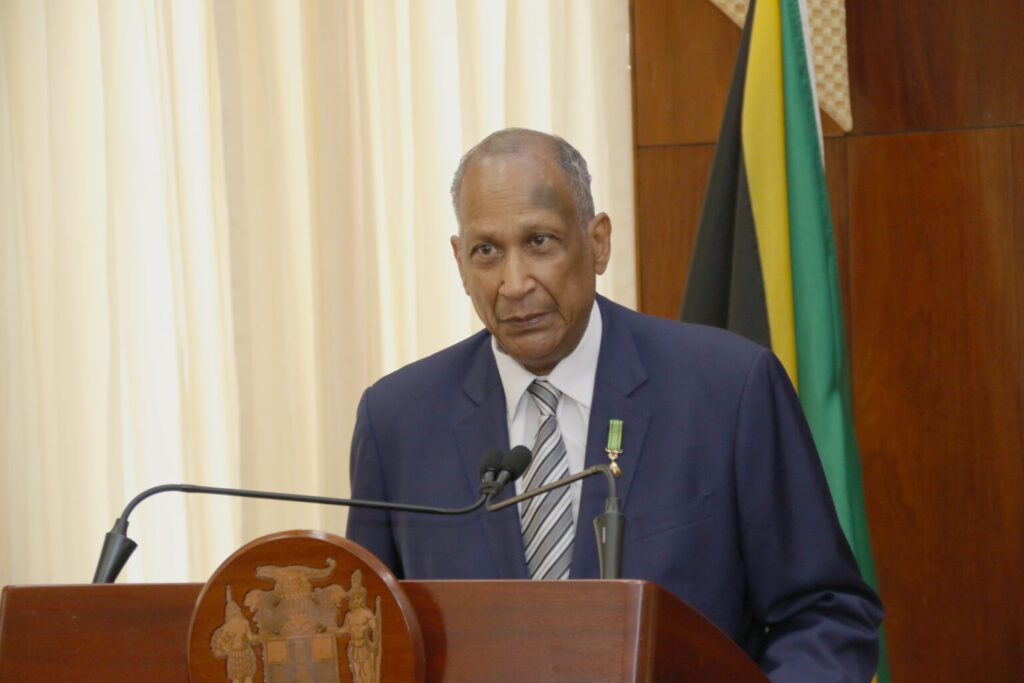
Jamaica’s journey with nuclear technology began in 1984, when we established the Caribbean’s first and only nuclear reactor at the University of the West Indies, Mona, with the support of the European Union. This facility, operated by the International Centre for Environmental and Nuclear Sciences (ICENS), has been a beacon of nuclear research for four decades, advancing studies in agriculture, health, and environmental protection.
Now, we stand at the forefront once again, as the first English-speaking Caribbean nation to explore the potential of nuclear energy for power generation. This exploration is an opportunity to strengthen our energy independence, reduce our reliance on fossil fuels, and build a more resilient, sustainable economy.
The Case for Nuclear Energy in Jamaica
Currently, approximately 85% of Jamaica’s energy comes from fossil fuels, a dependency that leaves us vulnerable to external shocks and global oil and natural gas price fluctuations. We have already made great strides in diversifying our energy mix—integrating solar, wind, natural gas, and hydroelectric power—but there is much more to be done. Nuclear energy, specifically through SMRs, presents an opportunity to produce clean, reliable energy at a scale that meets our unique needs. Countries like the United States, China, and Russia are rapidly developing SMRs as a key component of their future energy systems.
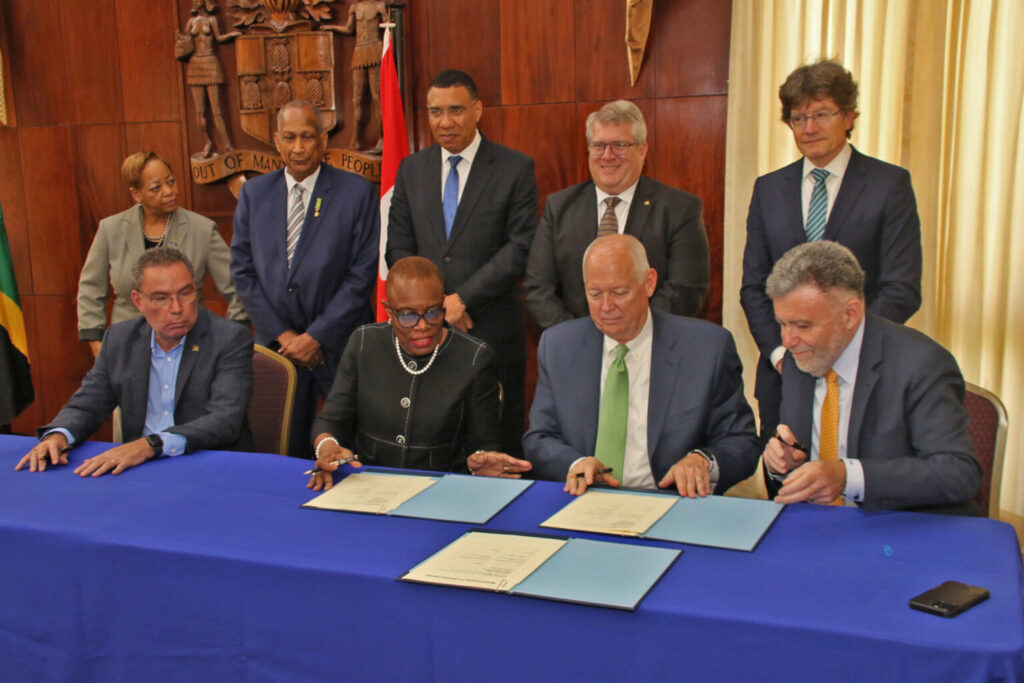
By reducing our dependency on oil and embracing nuclear technology, we can create a more stable and affordable energy supply for Jamaica. This, in turn, will stimulate economic growth by lowering energy costs for businesses, increasing competitiveness in global markets, and attracting foreign investment.
Public Safety: Our Top Priority
We know that safety is at the forefront of everyone’s minds when it comes to nuclear energy, and rightly so. But I want to emphasize that nuclear energy today is not what it was decades ago. Modern nuclear reactors, particularly SMRs, are built with fail-safe mechanisms that significantly reduce the risk of accidents. For instance, SMRs are designed to automatically shut down in the event of a malfunction, reducing the chances of human error or equipment failure.
Furthermore, as part of this exploration, we are working with global experts to ensure that every aspect of nuclear energy development—particularly waste management—is handled with the highest international standards. Countries like Finland and Sweden have developed world-class systems for safely storing nuclear waste, and we will draw on their experiences to ensure that Jamaica follows the best practices for protecting our environment and people.
Reducing Energy Costs is a Key Element of Reducing the Cost of Living

While the macroeconomic benefits of nuclear energy are significant, the most important question is how this will impact the everyday life of Jamaicans. The Government recognizes that high energy costs are one of the primary drivers of the cost of living.
By diversifying our energy mix and integrating nuclear power, my administration is actively working to lower energy costs across the board, which will directly reduce the cost of goods and services. When businesses pay less for electricity, the savings can be passed on to consumers, making everyday necessities—from food to transportation—more affordable.
We are especially focused on addressing energy poverty in Jamaica, a pressing issue in rural and low-income communities where access to affordable electricity remains limited. By expanding the reach of clean and reliable energy, we can provide these communities with more affordable and stable power, allowing them to access modern conveniences and improve their quality of life.
Climate Change and the Role of Nuclear Energy
As a Small Island Developing State (SIDS), Jamaica is acutely vulnerable to the impacts of climate change, with rising sea levels, stronger hurricanes, and warmer temperatures threatening both our environment and economy. Addressing these challenges requires innovative and scalable solutions. While renewable energy sources like wind and solar are vital to Jamaica’s clean energy future, nuclear energy can play a critical role in combating climate change by providing a low-carbon, reliable power source that complements renewable energy.
Additionally, nuclear energy can contribute beyond power generation. Advanced nuclear techniques can be used to strengthen Jamaica’s climate resilience through applications in agriculture, water management, and environmental monitoring. For instance, by using nuclear technology in agriculture, we can develop crop varieties that are more resilient to droughts and extreme weather—conditions that are becoming increasingly common due to climate change. Similarly, nuclear techniques can be employed to monitor and protect Jamaica’s marine ecosystems, helping to preserve biodiversity and safeguard our vital fisheries.
By diversifying our energy sources and leveraging advanced technologies, we are positioning Jamaica to withstand the impacts of climate change while fostering economic growth and energy security.
Conclusion
As we look to the future, energy security will be the cornerstone of Jamaica’s growth and resilience. Our exploration of nuclear energy is not just about power generation—it’s about securing a sustainable, affordable future for all Jamaicans. This administration is fully committed to ensuring that Jamaica emerges as a leader in innovation, energy sustainability, and economic growth. We are not alone in this journey, and as we explore the potential of nuclear energy, we will continue to engage with global leaders, experts, and the Jamaican people to ensure that every step we take is in the best interest of our nation. Together, we will build a Jamaica that not only survives in the face of global energy challenges but thrives as a beacon of sustainability and progress.


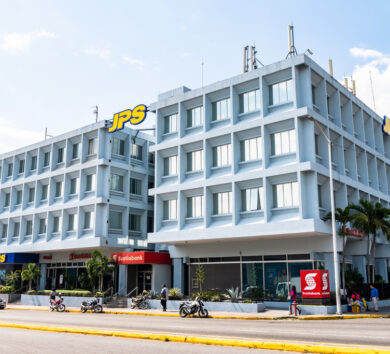


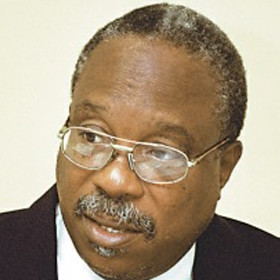

Comments